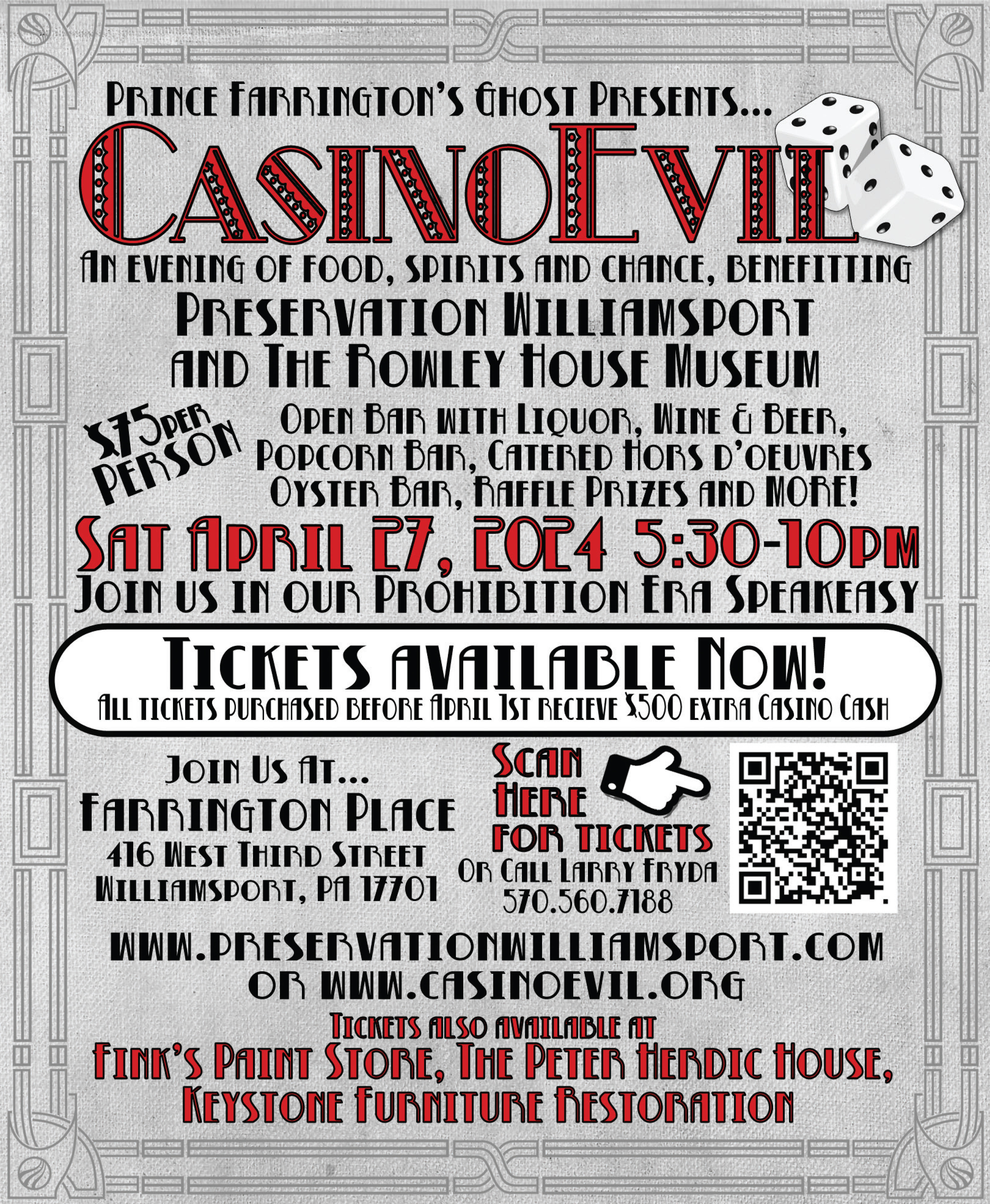The recent elections around the country, particularly in our region of New Jersey, Virginia, New York, and Pennsylvania, provided some interesting insights about where our country might be going. The polls predicted a shift to the conservative right, which certainly happened. But what was behind it was not necessarily what was making headlines.
First, why did conservatives have such a winning day? It helps to understand the overall focus of the two major parties. They have two different approaches — the Democratic Party is ‘progressive’ and the Republican Party is ‘conservative.’ Progressives speak of progress, and we all appreciate progress. But what exactly do Republicans mean by ‘conservative?’ What is being conserved?
There are not a lot of benefits in growing old, but one is the benefit of perspective. Too many agree with Henry Ford, who claimed that “history is bunk.” Actually, history is what provides us with the best perspective to understand our present.
The colonies won their freedom from Great Britain in 1781, six years after making their Declaration of Independence in 1776. But this loose confederacy of colonies that were united in their mutual disgust with Mother England now had to determine how to unite a country composed of states, not colonies. They originally tried to keep these territorial entities independent from one another, drawing up an agreement known as the Articles of Confederacy and Perpetual Union. It was significant that the guiding principle of the Articles was to preserve the independence and sovereignty of these thirteen states. That original document saw the states as a “league of friendship.” Of course, this had to result in a very weak central government.
It did not take long to realize that this dog did not hunt. Six years later, it was back to the drawing board with the best and brightest of the now thirteen states to go back to Philadelphia in 1787 and try a do-over. They eventually came up with what we know as the United States Constitution.
One of the big debates that raged among them is very relevant for the times we live in now. The controversy was how much can we trust one another? Here is where the spiritual roots from the First Great Awakening seemed to take hold. These men realize that man, at his core, is a sinner. As much as we can trust a man, he is still prone to wander. This was echoed by President Ronald Reagan during the disarmament talks with the Soviet Union, “trust, but verify.”
So it was that these Founding Fathers developed a system known as checks and balances. Three branches of government, an executive, legislative, and judicial, all having separate functions, all working in harmony, yet also limiting each other in some respect. These Founding Fathers also did not trust the general population either. The chief executive — the President — would not be chosen by popular ballot but by an electoral college. Originally also, only representatives were selected directly by voters for the legislative branch. Senators were selected by the state legislatures (changed in 1912 by the 17th amendment).
Note, through the centuries, America has changed and modified but never fundamentally altered its foundational governing document, the Constitution of the United States. Progress is accepted, but only when it is grounded to its base. Conservatives focused on the checks and balances to ensure this foundation was maintained.
Throughout our country’s history, advocacy of fundamental readjustments in our system of government has always been pushed back hard. As popular as Franklin D. Roosevelt was during the Great Depression, even he was rebuked when his social programs bordered on Socialism and his Supreme Court-packing proposal was thoroughly berated.
As much as progress is necessary, foundations must also be maintained for the stability of life. This recent election has shown that despite the shrillness of the political elites of imminent dangers in our society, the American people are much more focused on wanting their economy to run effectively, their schools to prepare their children for the work world, their homes to be safe, and so forth. Yes, we must be good citizens of the world, but not at the expense of our own freedoms and security, and well-being.
Hear again the words of our Founding Fathers, who drew up a document that outlined what they wanted their new country to look like. The first sentence is the most quoted, but the second sentence defines how this happens: “We hold these truths to be self-evident, that all men are created equal, that they are endowed by their Creator with certain unalienable rights, that among these are life, liberty, and the pursuit of happiness. That, to secure these rights, governments are instituted among men, deriving their just powers from the consent of the governed.”




Leave a Comment
Your email address will not be published. Required fields are marked with *